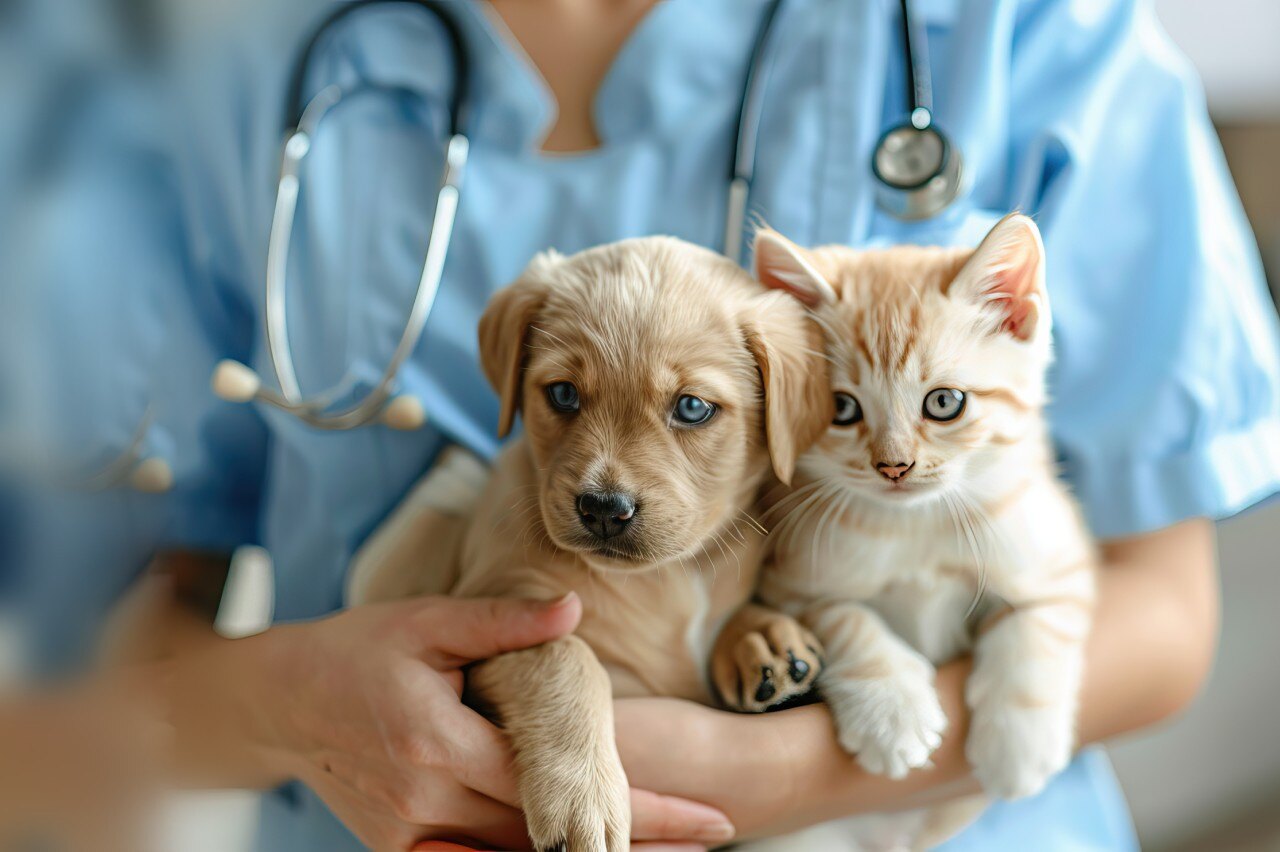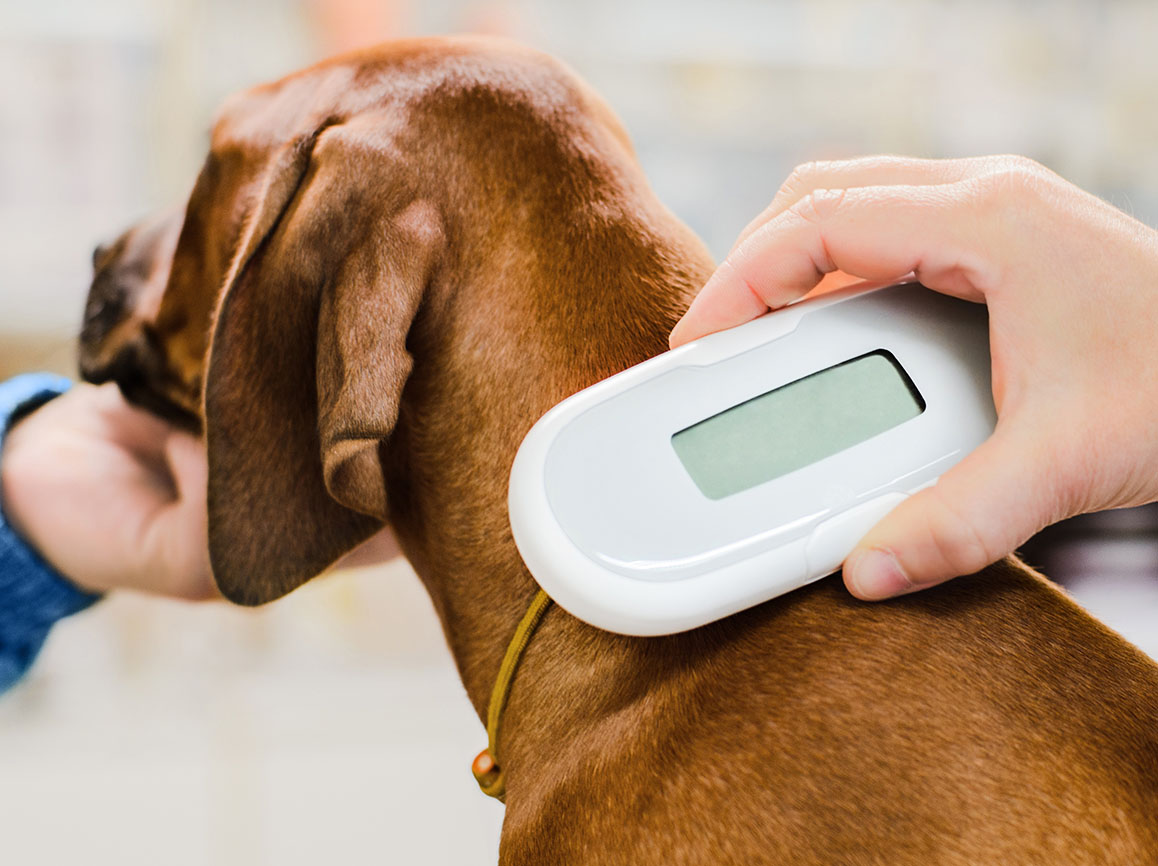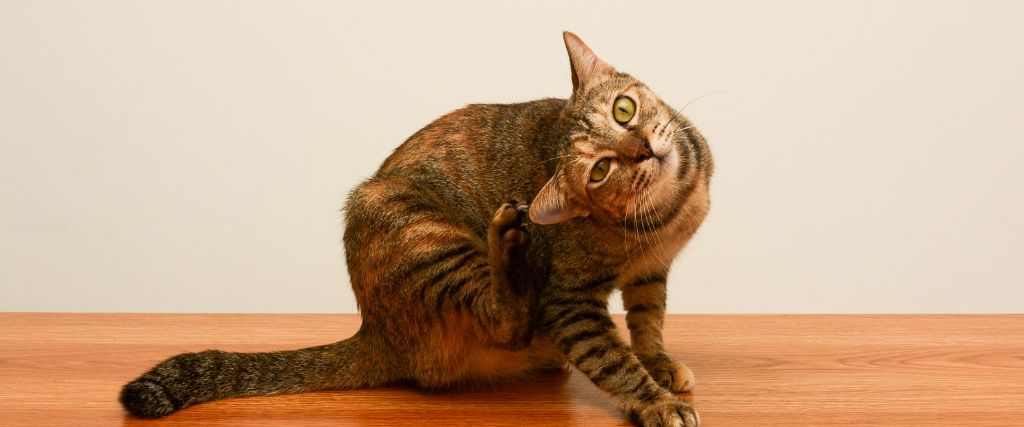
Puppy & Kitten Care

Your Pet’s First Visit
Your puppy or kitten's first vet visit is an important milestone in your life together. At Vine Veterinary Hospital, we'll warmly welcome you and your new companion, providing a comfortable and stress-free experience from start to finish. During this initial visit, our veterinarian will perform a gentle, nose-to-tail exam, carefully checking your pet's overall health and looking for signs of illness, parasites, or developmental concerns.
This first appointment is also the perfect time to discuss essential care topics like vaccinations, parasite prevention, proper nutrition, behavior, and socialization. We'll answer any questions you have, ensuring you're confident and prepared to care for your pet as they grow. Our goal is to build a strong foundation for your pet’s lifelong health, happiness, and well-being.
What To Expect
When you and your pet visit Vine Veterinary Hospital, our friendly staff will greet you and your puppy or kitten, ensuring you both feel comfortable throughout the entire appointment. Our veterinarian will perform a gentle yet thorough examination, carefully checking your pet’s overall health, including eyes, ears, teeth, skin, and coat.
We encourage you to ask questions about your pet’s health, diet, behavior, or any concerns you might have. You’ll leave this first visit feeling confident, informed, and ready to provide your furry companion with the best care possible. At Vine Vet, we’re dedicated to helping you build a strong foundation for a lifetime of health and happiness with your pet.
Vaccinations
During your pet’s exam, your veterinarian will likely discuss getting your new pet on a vaccination schedule. It is important to follow a routine schedule to protect your pet from serious and potentially life-threatening diseases during their early development.
Vaccination recommendations can vary based on your pet’s breed, lifestyle, and health status. Our team at Vine Vet works closely with new pet owners to create a tailored plan that meets their puppy or kitten’s specific needs. By partnering with us, you can ensure your pet stays on track with their vaccines while maintaining a schedule that’s convenient for you.
Spaying and Neutering
Spaying and neutering are important ways to control the unwanted pet population. They can help your pet live a longer, happier life and reduce behavior issues like spraying or marking. The procedures are safe, relatively inexpensive, and provide tremendous benefits for pets. Our veterinarians will work with you to determine the best age to schedule your new kitten or puppy's spay or neuter surgery.
Reach Out Today:
.jpg?width=1280&height=852&name=Behavior%20Training%20and%20Socialization%20(1).jpg)
Behavior Training and Socialization
Behavior training and socialization are essential building blocks for raising a well-adjusted puppy or kitten. Early training helps your pet understand acceptable behaviors, such as house training for puppies or litter box use for kittens and helps prevent common issues like excessive barking, destructive scratching, or anxiety. Socialization, which involves gently introducing your pet to new experiences, people, animals, and environments, builds confidence and reduces fear as they grow older. We typically encourage pet parents to start these positive routines early, ensuring your pet grows up comfortable, confident, and ready to thrive in their lifelong home with you.

Microchipping
Microchipping your puppy or kitten is a quick, safe procedure that provides lifelong peace of mind. This process involves implanting a tiny, rice-sized chip under your pet’s skin—usually between the shoulder blades. This unique microchip contains important identification information, greatly improving the chances of reunion if your pet ever becomes lost.
The procedure is similar to a routine vaccination and can easily be performed during a wellness exam or a separate brief visit. Once microchipped, your pet is registered in a nationwide database accessible to veterinary offices and shelters, ensuring your furry friend can always find their way back home.

Parasite Prevention
Parasite prevention is an essential part of keeping your puppy or kitten healthy and comfortable. Young pets are especially vulnerable to parasites, which can lead to serious health issues if left untreated. Common parasites such as fleas, ticks, ear mites, and intestinal worms can cause itching, discomfort, and even more severe problems like anemia, malnutrition, or digestive issues. Heartworms are another critical concern, particularly for puppies, but kittens can also be affected, and this parasite can become life-threatening without proper prevention.
.jpg?width=1280&height=1044&name=vine-vet-parasite-prevention-banner%20(1).jpg)
Our team provides safe, effective treatments specifically tailored for puppies and kittens to keep them parasite-free. We also recommend regular fecal screenings to detect intestinal parasites early, allowing prompt treatment. By proactively protecting your pet, you’ll ensure they have the best start toward a healthy, happy adulthood.
Common Parasites to Protect Against:
- Fleas, ticks, and ear mites
- Intestinal worms (such as roundworms and hookworms)
- Heartworms
Frequently Asked Questions
At what age should my puppy or kitten have their first wellness visit?
We recommend scheduling your pet’s first visit between 6 and 8 weeks of age, shortly after bringing them home.
How often will my puppy or kitten need to see the vet in their first year?
Typically, young pets should have veterinary visits every 3-4 weeks until around 16 weeks of age, then regular check-ups thereafter. Our veterinarians will work with you to set up a routine that meets your pet's individual needs.
Is flea and tick prevention necessary for indoor pets?
Yes, even indoor pets benefit from preventative care, as parasites can easily enter the home environment through humans or other animals.
How soon can I start socializing my pet?
Socialization can start immediately with controlled exposure, gradually introducing new experiences, people, and other pets.
What are signs my pet might have worms or parasites?
Common signs include diarrhea, weight loss, bloating, lethargy, or visible worms in stool. A veterinary exam can confirm this.
Can vaccinations cause side effects?
Mild reactions such as tiredness or temporary soreness are normal, but serious reactions are rare. We’ll always discuss potential side effects beforehand.
What’s the best diet for my new pet?
Your veterinarian will recommend balanced diets formulated specifically for puppies or kittens, tailored to your pet's breed, size, and health needs.
Does spaying or neutering affect my pet’s personality?
Spaying or neutering can reduce certain behaviors related to mating instincts, but it won’t fundamentally change your pet’s personality.
When should I begin training my puppy or kitten?
It’s never too early! Gentle, consistent training can start right away to establish positive habits and behaviors.
Is pet insurance really beneficial for a young pet?
Yes, pet insurance can significantly offset the cost of unexpected illnesses or accidents, especially when coverage begins early.
